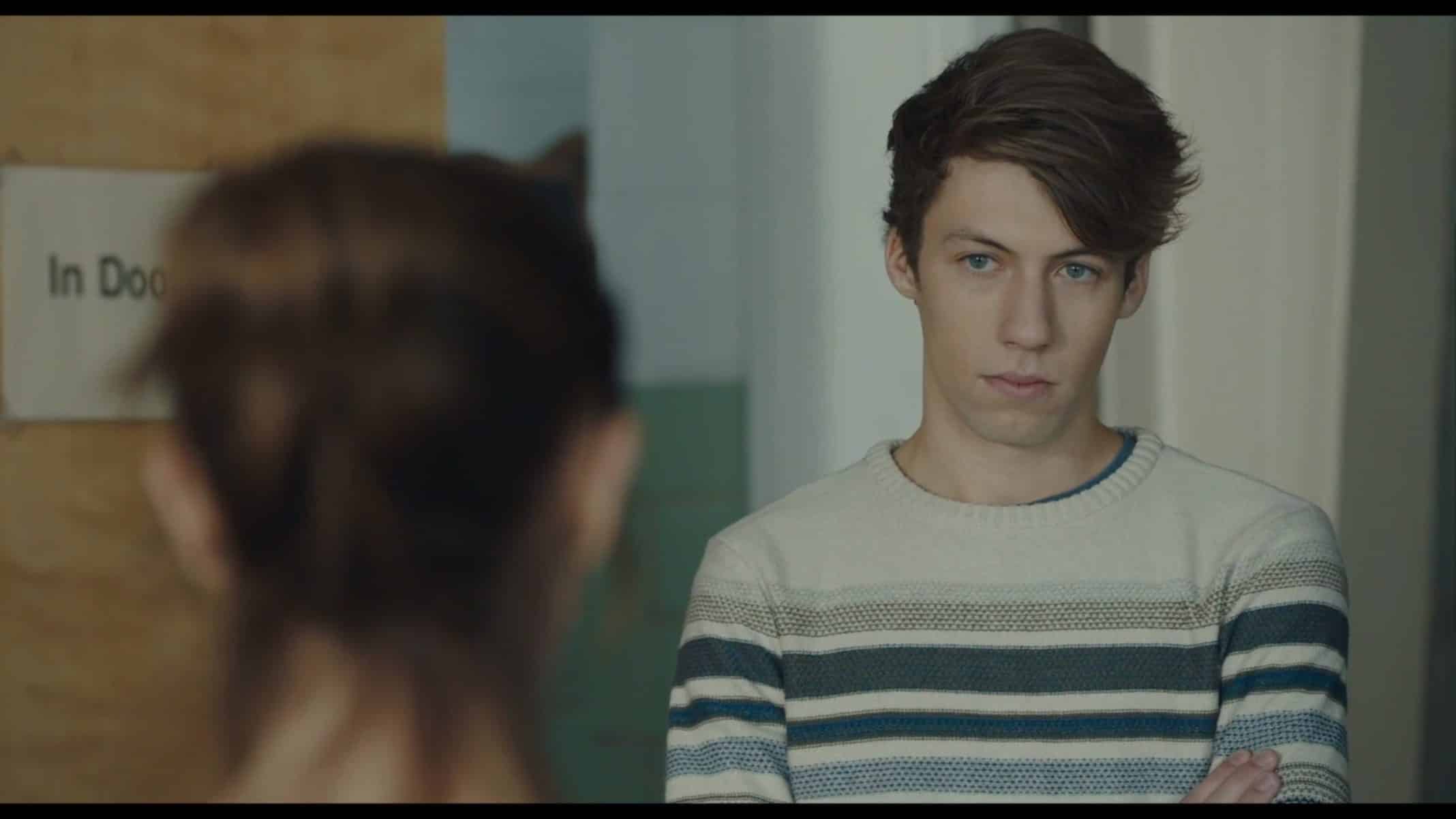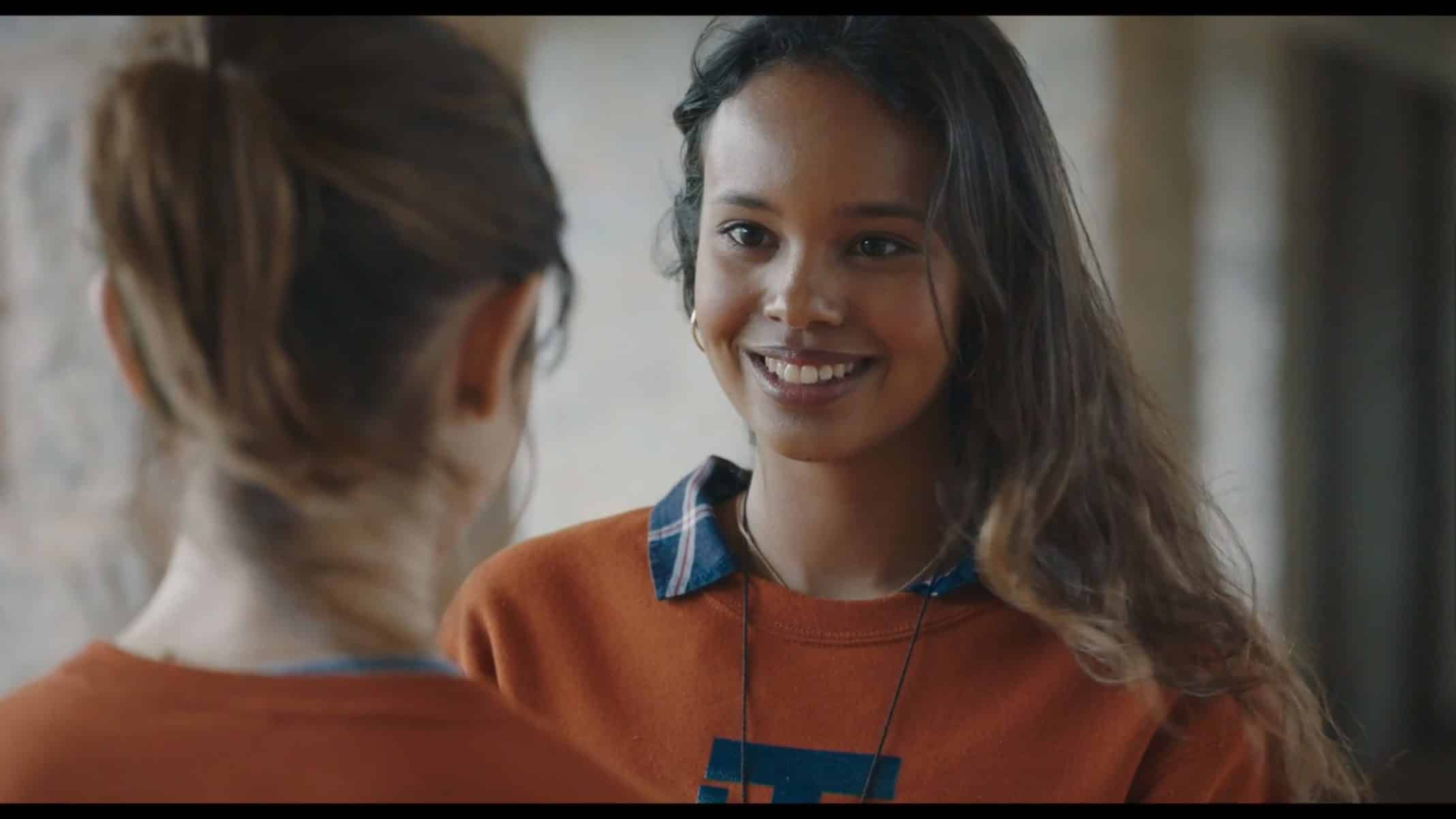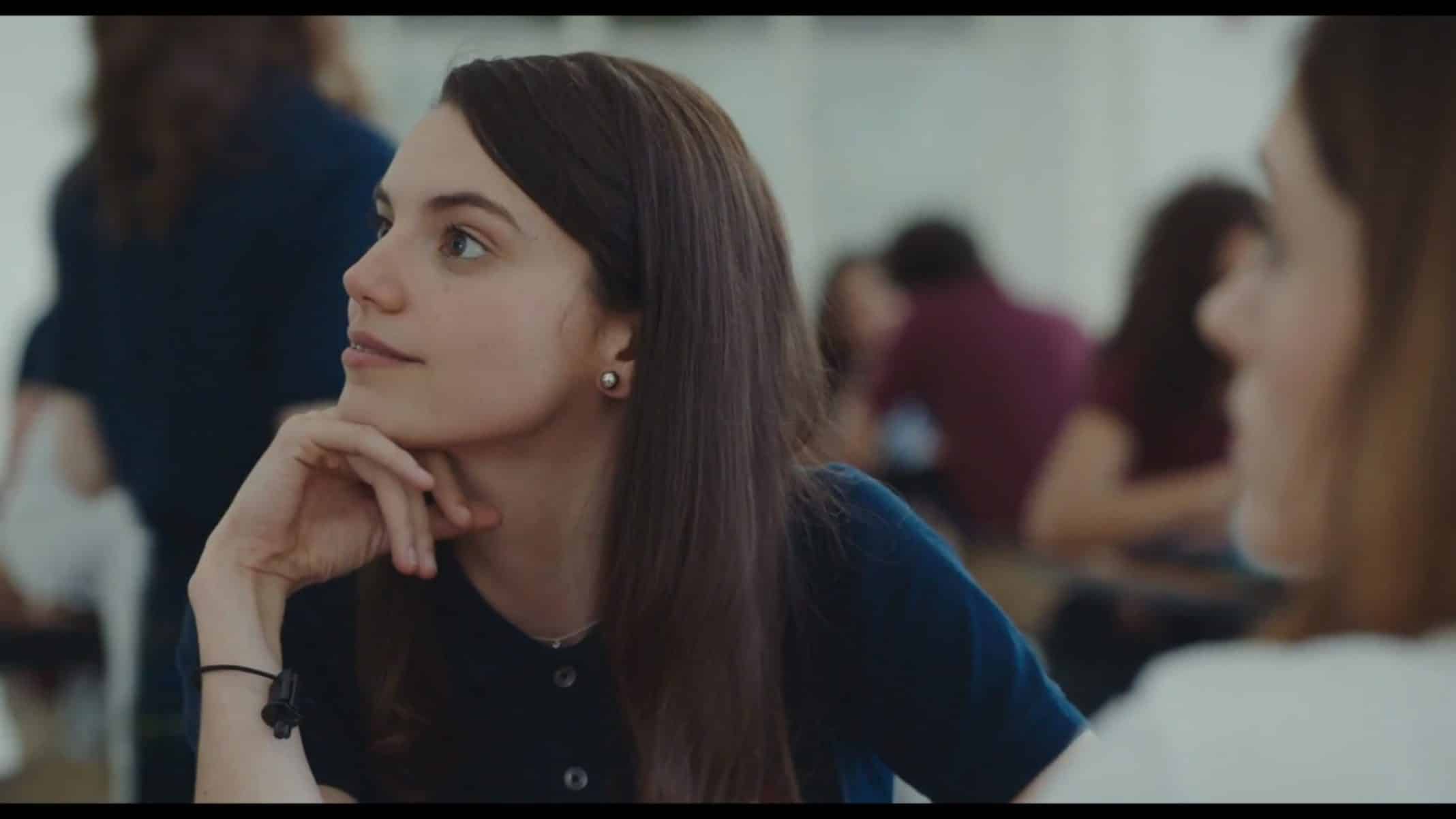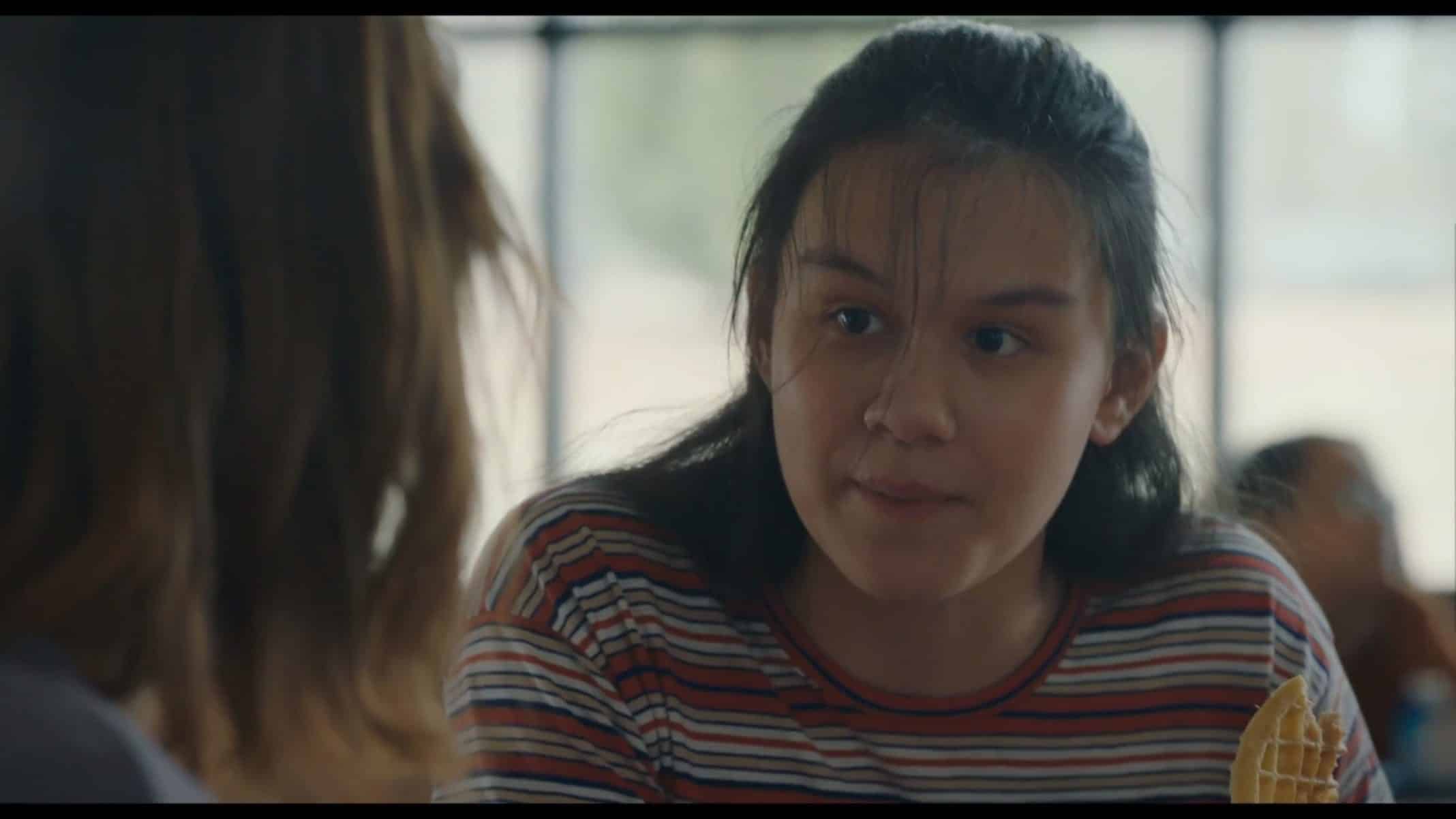Yes, God, Yes – Review/ Summary (with Spoilers)
“Yes, God, Yes” is not only probably one of the best coming of age films in a long time, but it also is one of the few teen sex comedies that doesn’t feel like a rehash.

Spoiler Alert: This summary and review contains spoilers.
Additionally, some images and text may include affiliate links, meaning we may earn a commission or receive products if you make a purchase.
“Yes, God, Yes” is not only probably one of the best coming of age films in a long time, but it also is one of the few teen sex comedies that doesn’t feel like a rehash.
| Director(s) | Karen Maine |
| Screenplay By | Karen Maine |
| Date Released (Digital) | 7/24/2020 |
| Genre(s) | Comedy, Young Adult, Religious |
| Duration | 1 Hour, 17 Minutes |
| Rating | Rated R |
| Noted Cast | |
| Alice | Natalia Dyer |
| Chris | Wolfgang Novogratz |
| Gina | Susan Blackwell |
| Wade | Parker Wierling |
| Father Murphy | Timothy Simons |
| Laura | Francesca Reale |
| Glue Girl | Gabriella Garcia |
| Nina | Alisha Boe |
This content contains pertinent spoilers.
Plot Summary
Alice, a teen growing up in 2001, raised in a Catholic home and who goes to Catholic school, is starting to experience the troughs of puberty. However, with so much shame taught about sex and intimacy, her exploration of her feelings have to be in secret, and cause a bit of shame. What doesn’t help is that there is a rumor going around about her tossing some boy’s salad, an act she doesn’t understand the meaning of, and everyone thinking it’s true. Thus leaving her, as she discovers sex, forced to deal with feelings, desires, and hypocrisy in a state where she realizes, mostly, she is on her own.
Review
Highlights
It Doesn’t Feel Like The Female Version Of Anything Seen Before
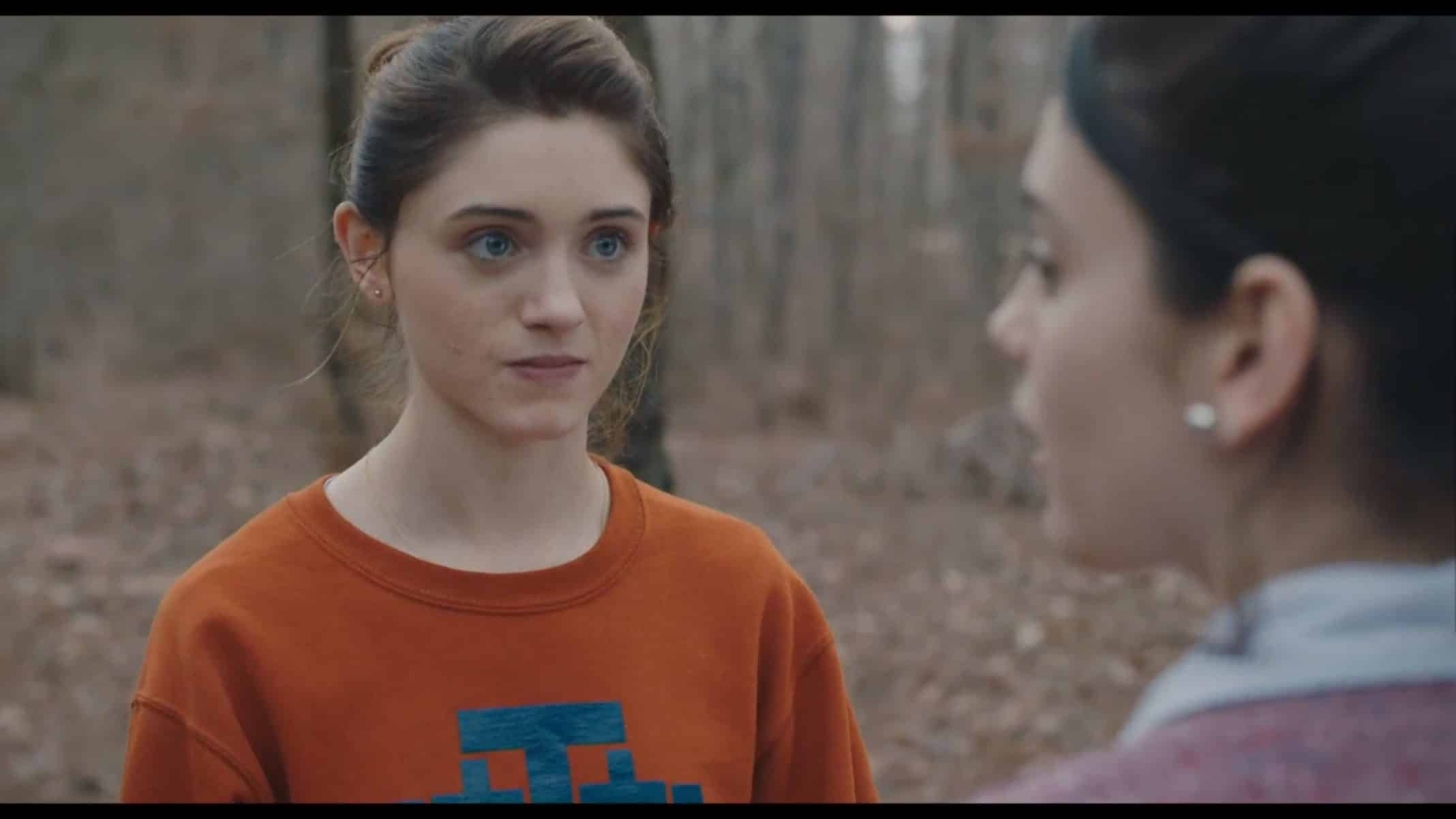
When it comes to a lot of teen sex comedies, or coming of age productions focused on teen girls, there is often this vibe they are trying to be the female version of a popular male comedy. If not achieve the same success with similar jokes, but now skewing towards what girls go through. “Yes, God, Yes!” isn’t like that.
Rather, you wholly feel this was a story about a woman, with what men think or do not a factor. Hence why Alice is lowkey, a semi-generic girl. She isn’t made to be universal to the point guys and girls can understand and get her story, she is made to relate to a female audience. Especially any girl watching who perhaps felt coerced into abstinence despite their feelings.
Which gives you a story that feels fresh and new, and truly taps into that desired need for different voices and perspectives. Rather than scripts that sometimes feel like they just changed the gender and rewrote a handful of scenes. All so you wouldn’t feel they completely copied and pasted everything.
While Critical Of Religious, If Not Catholic School Adults, It Allows Them To Be Human
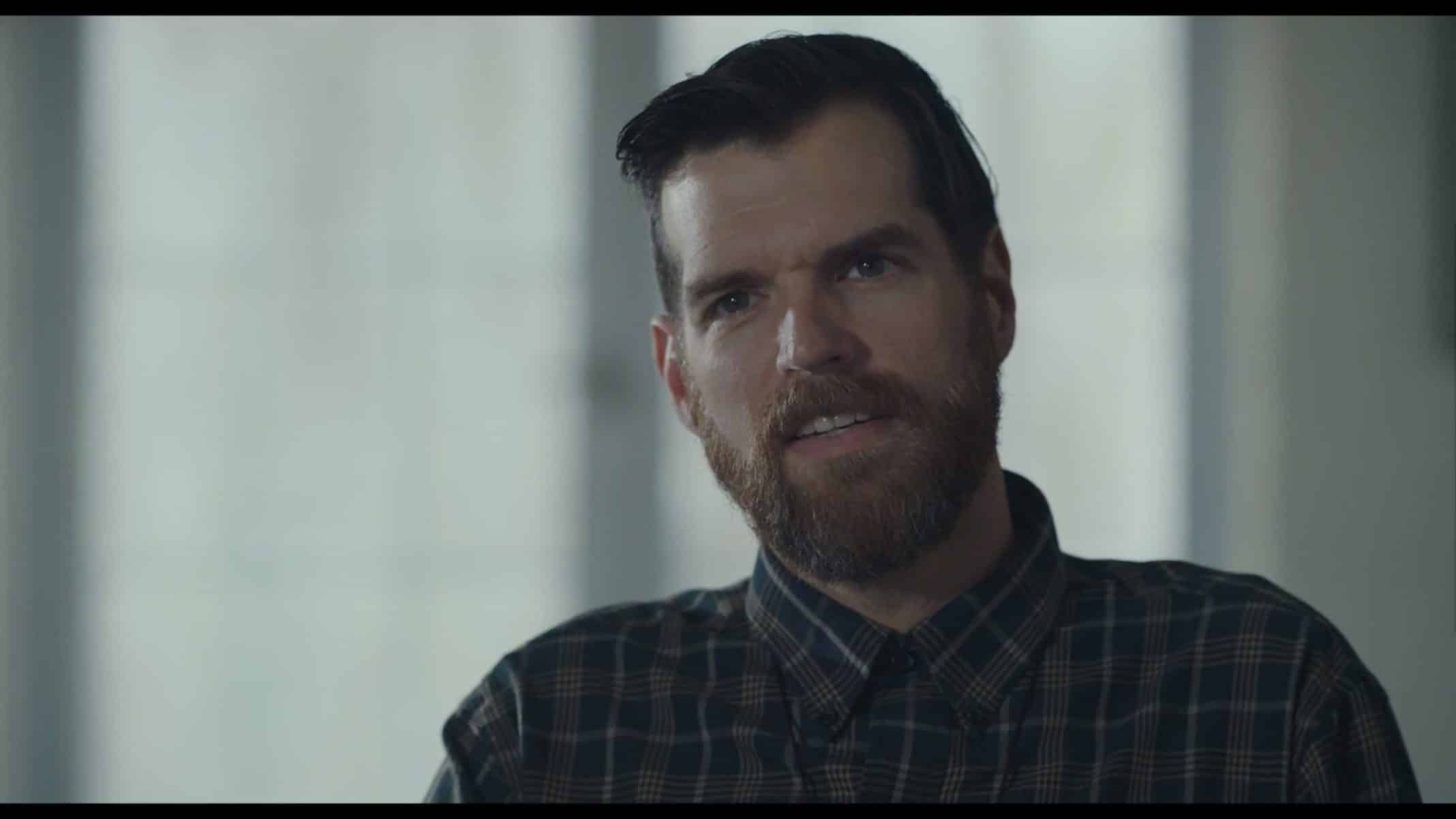
Part of Alice’s journey is realizing that the people of authority, despite attempting to often exert themselves, like they have the moral high ground, they are struggling. And what you have to appreciate about “Yes, God, Yes!” is that it allows everyone to be seen as human. It allows them all, whether teacher or someone in a mentorship role, to have urges and not necessarily be called out.
Instead, there is a careful dance between showing how some of the teachings in religious schools can mess you up, but only if you let it. Because, otherwise, you can see people fail, and try hard, but to fall and fail is to be human.
The Way It Explores Alice’s Sexuality Without Making It About The Viewer
What you have to appreciate about “Yes, God, Yes!” is that, despite being rated R, and having sexual situations, it never feels like those moments are for the viewer. It isn’t about being tantalizing or intimate to the point you feel like a voyeur. Each moment when Alice is tempted, and perhaps gives in, is about understanding how difficult it can be to repress urges.
One example being, Alice has feelings, lust if you wish, for a boy named Chris. Someone who, just with looking at his arm hair, turns Alice on. Yet, with everyone hiding or lying about her desires, she is forced to reckon with what she feels and negotiates what is sin, and could send her to hell, against feelings which bring joy and pleasure. Thus not necessarily desexualizing the situation, but showing us it’s about more than someone simulating a sexual act. Rather, it’s about what the act in itself means.
Thus leading to, with each time she learns something new, the moment being more about the discovery, the shame, and that conflicting with how good it feels to her than anything dealing with you. Hence why the film has no nudity, and even with multiple masturbation scenes, there isn’t any over the top, porn level, moans, or orgasms. Most of the time, they’re awkward as hell.
On The Fence
Wishing We Got A Bit More From Supporting Characters
As much as many of the characters are allowed to show their flaws, one of the issues you may see in the film is everyone is two-sided. There is the person they present to the public, and then the person they are when they think no one is around. Unfortunately, there isn’t any grey area, but you understand why. With so much judgement, rumors, and more flying around, how can anyone really be honest about what they feel and let someone in?
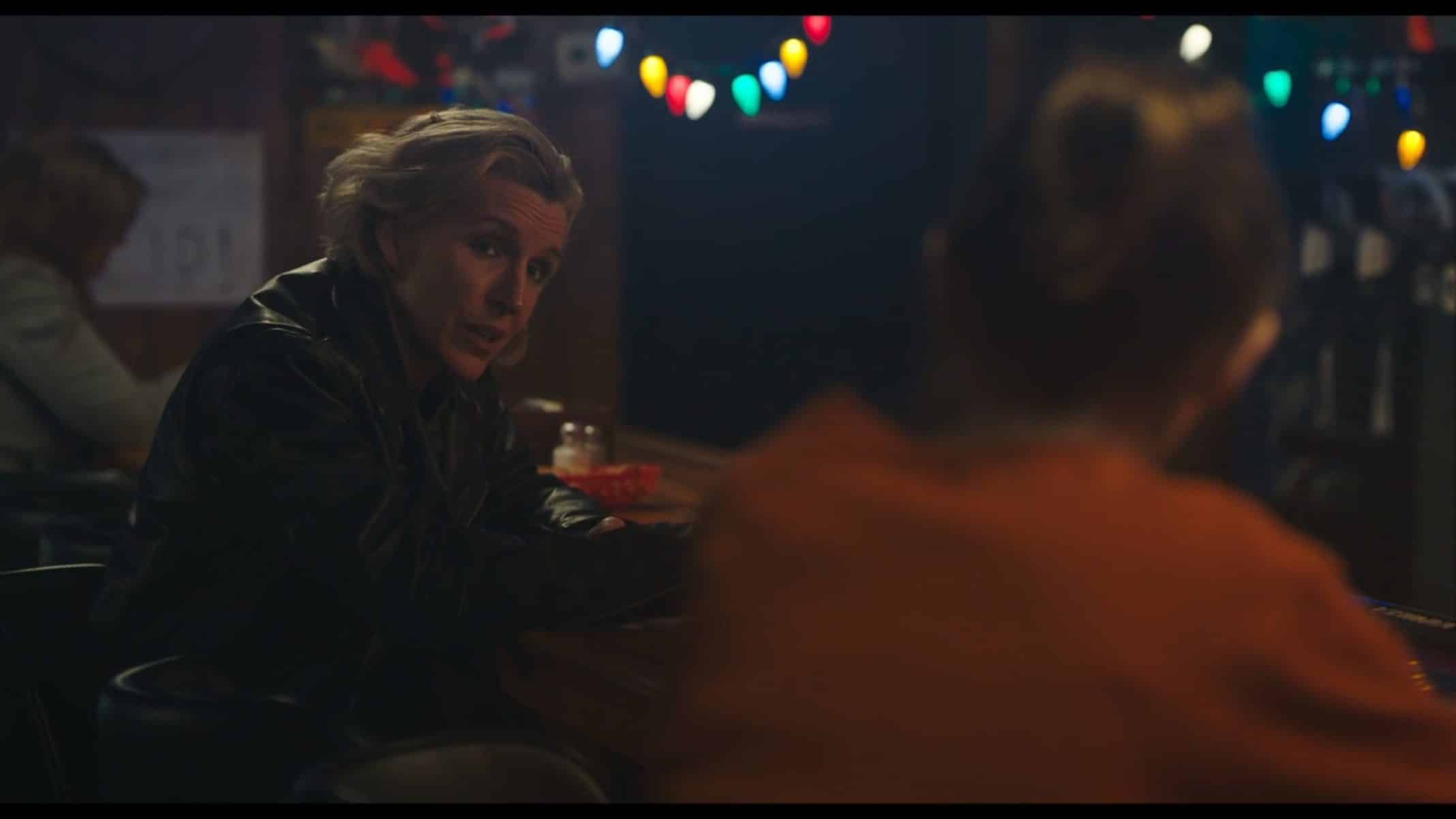
Heck, for Alice, just to get some questions answered, she has to walk up to a bar and get into a conversation with the bar owner, Gina, for honesty. And while Gina plays a small role, you can see how much it means to Alice for an adult, even if ex-Catholic, to have a frank and real conversation with her.
So as much as you may wish you got a more three-dimensional view of characters, you are given enough. Likely to the point of wanting more, but you can fill in the blanks with most.
Overall Rating
Would Watch Again? – Worth Revisiting
Rating: Positive (Worth Seeing) – Recommended
“Yes, God, Yes,” feels like the story people talk about wanting, in terms of a female perspective, that never shows up. It doesn’t try to mirror what we’ve seen from men, the movie doesn’t seek to be a classic thanks to weird and eccentric characters, it just wants to tell its story. “Yes, God, Yes,” just wants you to meet Alice, understand her struggle, and perhaps give you the ability to relate. All without a bunch of bells and whistles, even with it being a competitive field for eyeballs and money.
Hence why we think it is worth seeing and recommending. “Yes, God, Yes,” is unique in an effortless way. It explores Alice’s discovery of sex and sexuality without seeking to be tantalizing or crude. All the while having its own voice rather than adapting someone else’s. Leaving us to hope, with Dyer being one of Netflix’s biggest stars, for those who might not be willing to rent this (though you should), it’ll end up on their platform.
Where To Watch
Powered by
Yes, God, Yes Ending Explained (Spoilers)
While Wade never admits to starting the rumor that Alice tossed his salad, Alice does get back at him. She leaves a bracelet he lost or maybe threw away, in Father Murphy’s office. Thus Wade takes the blame for Alice trying to cyber and likely for Father Murphy’s own ventures into porn. Though, to make matters worse, Laura, Alice’s pseudo-best friend, claims some believe Wade might be gay! However, there is no proof of this. It just adds to the reasons why Alice likely isn’t going to stay friends with Laura or downgrade their relationship.
Now, as for who might replace her? Well, for now, it might be a character sadly just named “Glue Girl.” For with her being wholly herself, that is so much better than Nina, who is holier than thou but gives head in the bushes, or Chris who, while hot and attractive, gets skittish after Alice and him made out and he got scared of sin.
This isn’t to say Glue Girl isn’t weird about sex, but more so, she seems honest about herself. Not to forget, between rubbing glue on herself and being more friendly than most people at Alice’s school, she seems more in tune with who Alice wants to be. Never mind she doesn’t create a sense of envy like Laura’s lifestyle and privilege does.
Sequel Potential
It would be interesting to see Alice go to college or experience love for the first time. Taking note it would be the early 2000s, it would mean no apps or websites but something natural. Add in Gina advised her to go to a coastal college, and it could be interesting to see how Maine handles Alice’s Midwest upbringing, paired with Catholic faith, with the progressive and more sexually liberal college towns/cities. Of which would likely tempt, enable, but could also offer Alice a means to consolidate between her faith and her desires.



